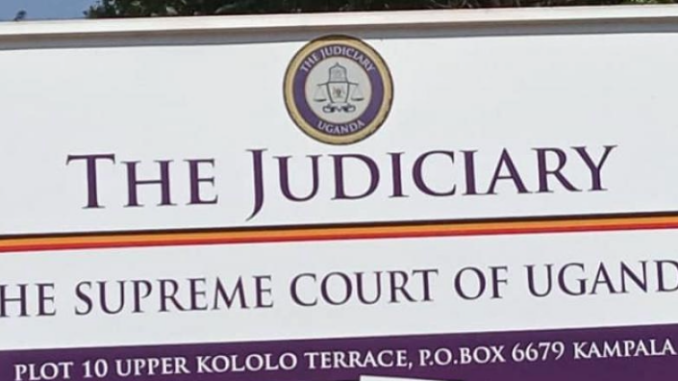
Uganda’s Supreme Court recently made a landmark ruling declaring that civilians should not be tried in military Courts, labelling such practices unconstitutional.
The decision was hailed on February 3 by human rights groups as a significant step forward in safeguarding the right to a fair trial. Human Rights Watch senior researcher Oryem Nyeko welcomed the ruling, explaining that it aligns with international human rights standards and the principles of justice. Nyeko underscored that the principle of keeping civilians out of military courts is widely recognised across international law.
However, the decision has drawn criticism from Ugandan President Yoweri Museveni, who dismissed it, asserting that the country is governed by the will of the people, not judges.
Museveni defended the use of military courts, arguing that they play a vital role in complementing the civilian judicial system, particularly in protecting citizens from armed criminals. The military courts have been used in the past to try hundreds of civilians, including political opposition figures and government critics, which has led to accusations of their misuse as tools of political repression. Notably, opposition leader Kizza Besigye, who faces treason charges, continues to face military court proceedings despite the Supreme Court ruling.
The ruling has sparked optimism among critics of the government, including former MP Michael Kabaziguruka, who had previously challenged his military trial in the Supreme Court. Kabaziguruka argued that military courts were incapable of delivering justice, citing their role in suppressing political dissent. Despite Museveni’s objections and calls for constitutional amendments to shield military courts from judicial interference, Kabaziguruka has expressed confidence in the court’s decision, insisting it stands as final. The ongoing legal battles, including Besigye’s case, will likely continue to shape the future of Uganda’s judicial landscape.
